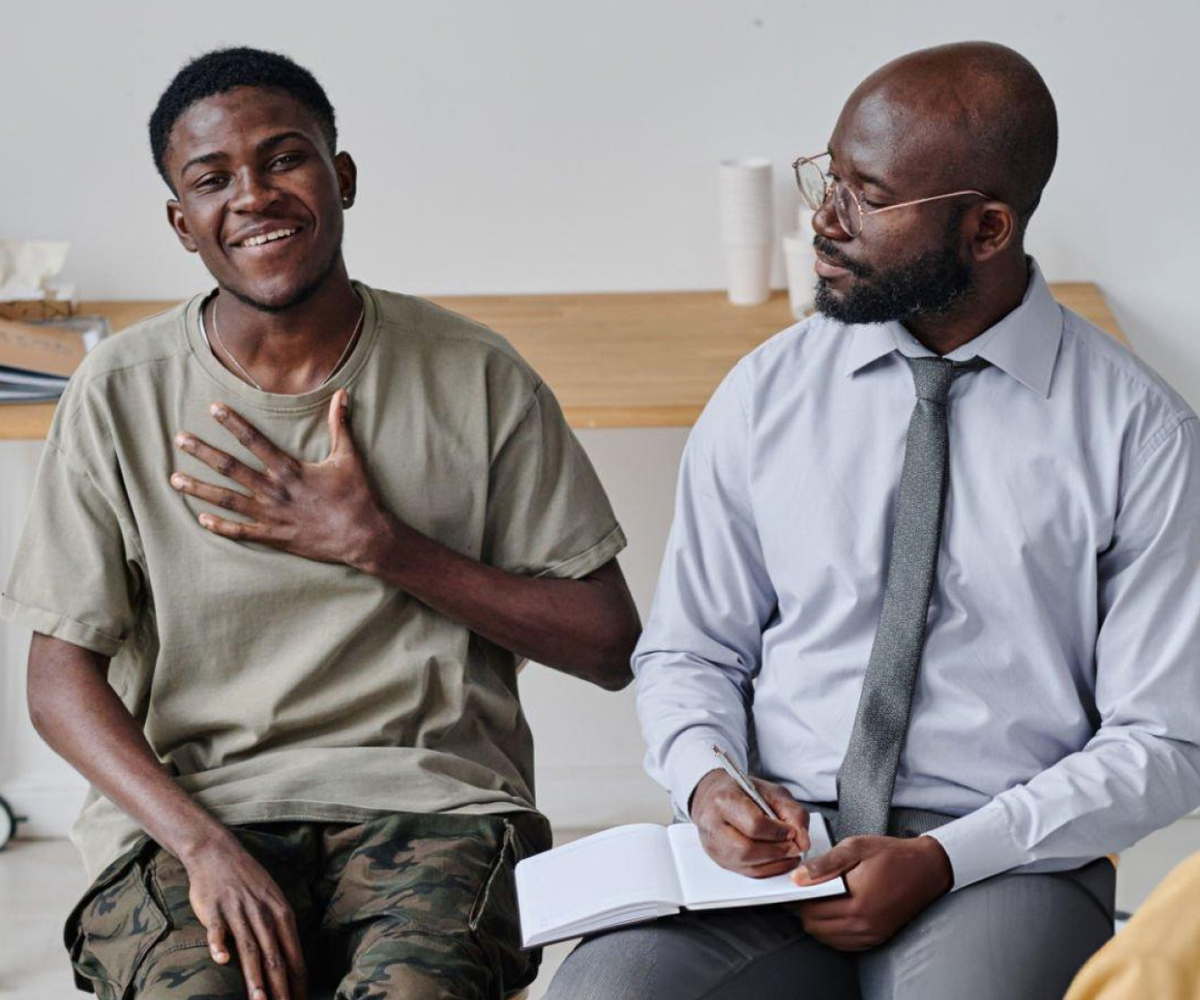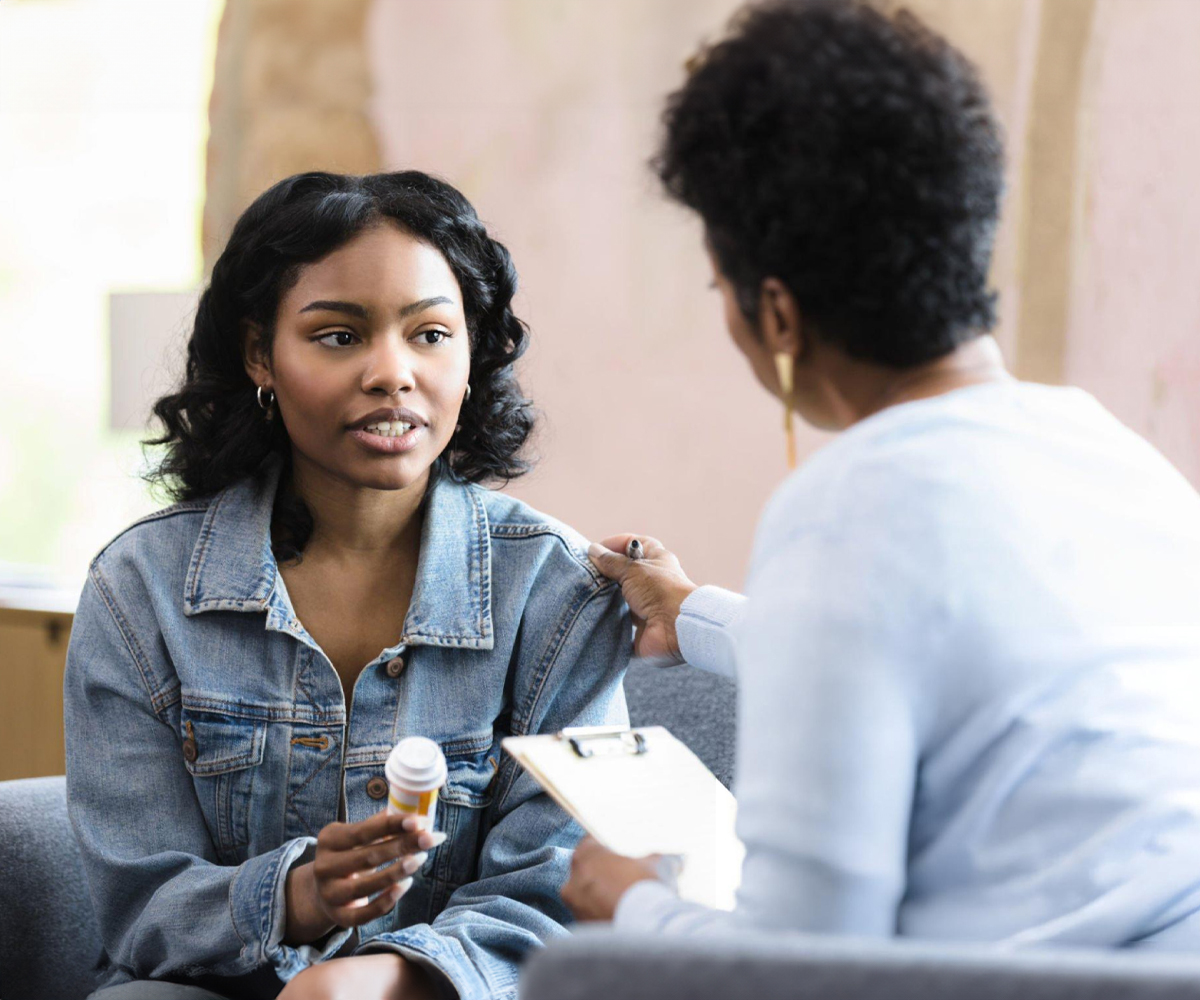Life Skills Development at WonderPeace Rehabilitation Centre
At WonderPeace Rehabilitation Centre, we understand that successful recovery from addiction extends beyond sobriety; it involves developing essential life skills that empower individuals to navigate daily challenges and maintain a fulfilling, substance-free life. Our comprehensive life skills program is designed to equip clients with the tools they need to build a sustainable and healthy lifestyle.
Importance of Life Skills in Recovery
Life skills encompass a wide range of competencies that are critical for personal development and successful reintegration into society. For individuals recovering from addiction, these skills can help:
- Improve Daily Functioning: Mastering basic life skills can enhance overall daily functioning, making it easier to manage responsibilities such as work, relationships, and self-care.
- Increase Self-Efficacy: Building confidence in one’s ability to handle various situations fosters a sense of empowerment and independence.
- Prevent Relapse: Equipped with effective coping strategies and problem-solving skills, individuals are better prepared to face triggers and stressors that may lead to relapse.
- Enhance Communication: Developing strong communication skills helps in rebuilding relationships and creating healthy social connections.
Key Components of the Life Skills Program
Our life skills program at WonderPeace focuses on various areas essential for holistic recovery, including:
Decision-Making and Problem-Solving:
- Clients learn to evaluate situations, consider options, and make informed choices, fostering independence and critical thinking.
Stress Management:
- Techniques such as mindfulness, relaxation exercises, and time management are taught to help clients cope with stressors and reduce anxiety.
Financial Management:
- Basic budgeting, saving, and responsible spending practices are covered to promote financial independence and stability.
Effective Communication:
- Clients engage in activities that enhance their verbal and non-verbal communication skills, enabling them to express themselves clearly and build meaningful relationships.
Healthy Living:
- Our program emphasizes the importance of nutrition, exercise, and self-care practices to promote overall well-being and physical health.
Job Readiness and Career Skills:
- Workshops focus on resume writing, interview techniques, and job search strategies, preparing clients for successful employment opportunities.
Conflict Resolution:
- Clients learn strategies for managing conflicts in a healthy manner, fostering better relationships and reducing the likelihood of interpersonal issues.
Supportive Environment
At WonderPeace, we create a supportive and encouraging environment where clients can practice these skills in real-life scenarios. Group activities, role-playing exercises, and workshops facilitate hands-on learning and collaboration among peers. Our experienced staff provides guidance and feedback, ensuring that clients feel confident as they apply their new skills.
Integrating Life Skills into Recovery
Life skills training is integrated into the overall treatment plan, allowing clients to see the practical applications of what they learn. By weaving these skills into their recovery process, individuals can better manage the challenges of daily life and reinforce their commitment to sobriety.
Conclusion
At WonderPeace Rehabilitation Centre, we recognize that developing life skills is a crucial aspect of recovery. Our comprehensive program equips clients with the tools and knowledge they need to lead fulfilling, sober lives. By focusing on essential competencies, we empower individuals to thrive in their personal and professional lives, fostering resilience and a sense of purpose as they continue their journey of recovery.

Make Appointment

Select Treatment

Get Consultation
Frequently Asked Questions
Once inpatient treatment is complete, an individualized aftercare plan will be put into place to help navigate the early weeks and months of solo recovery. The aftercare plan will be monitored by a case manager and will include a variety of components, including ongoing therapy and participation in a support group. Other components are based on unique needs and may include help finding a job or safe housing, educational assistance, ongoing monitoring of a co-occurring mental illness, and other programs and interventions.
Pack enough clothes to last you at least a week when heading to a residential treatment center. Laundry facilities are available for your use. Leave electronics and valuables, including jewelry and cash, at home. Bring whatever toiletries you need. You may also want to bring things to do during relaxation periods, such as a book or crossword puzzles. Bringing a journal and plenty of pens is always recommended, as reflecting in a journal is a valuable benefit to recovery.
Most residential treatment programs allow you to have visitors after a period of time. The early days of inpatient rehab are generally focused on getting you settled into a routine and don’t typically include visiting hours. Depending on your program, phone access may be available from the start, although there may be some restrictions.
Most high-quality residential treatment programs allow you to tour the facility and talk to staff before entering a program. Look for clean, comfortable facilities with indoor and outdoor areas for socializing and reflecting. If you have special needs, such as dietary or accessibility issues, ask whether they can be accommodated. It’s important to inquire whether counselors, therapists, and other staff are licensed and trained in addiction treatment. Additionally, find out what your schedule will be like in early treatment and later on. Typically, the longer you’ve been in the program, the more freedoms you’ll have.
High quality inpatient treatment programs offer a variety of recreational opportunities, such as sports courts, swimming or workout facilities, TVs, games, and off-site field trips to dine out, catch a movie or go bowling. An important aspect of treatment is learning how to have fun without needing drugs or alcohol, and recreational activities help you develop a new sense of fun and relaxation.
